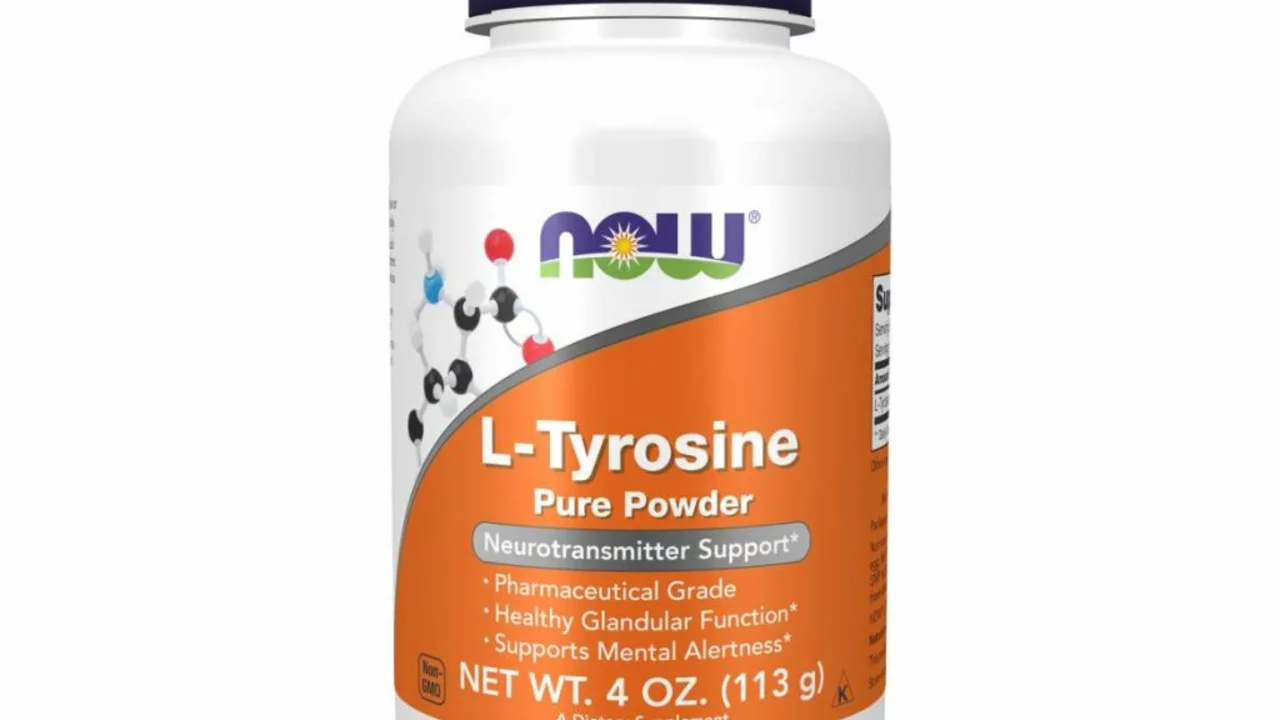Enzyme deficiency: signs, tests and simple fixes
Enzyme deficiency happens when your body can’t make enough of an enzyme it needs to break down food or move chemicals around inside cells. That sounds technical, but the result is usually easy to spot: stomach pain, bloating, loose stools, fatigue or unexpected reactions to foods. If you’ve ever felt off after certain meals, an enzyme issue could be why.
Common enzyme deficiencies
Lactase deficiency is the one most people know. It makes milk and dairy hard to digest and causes gas, cramps and diarrhea after dairy. Pancreatic enzyme insufficiency comes from the pancreas not releasing enough enzymes; that gives greasy stools, weight loss, and poor nutrient absorption. There are also inherited ones, like phenylketonuria (PKU) or G6PD deficiency, which affect how your body handles specific chemicals and can cause energy problems, anemia, or reactions to certain medicines and foods.
Each deficiency has its own pattern. Lactase problems usually show up shortly after dairy. Pancreatic issues give long-term weight and vitamin problems. Genetic enzyme disorders can appear in infancy or later, depending on the condition. Noticing the pattern helps your doctor decide which tests to run.
Practical steps: testing, diet, and treatment
If you suspect an enzyme problem, start by tracking symptoms and food. Note what you ate, how you felt, and how soon symptoms started. That log makes doctor visits faster and clearer. Tests vary: a breath test for lactase, blood tests for inherited disorders, stool and pancreatic function tests for pancreatic insufficiency. Your doctor will pick the right one.
Treatment is usually straightforward. For lactase deficiency, try lactase drops or enzyme pills and lactose-free options. Pancreatic insufficiency is treated with prescribed pancreatic enzyme replacement taken with meals. Genetic enzyme disorders often need a specialist plan — that could mean strict dietary limits, supplements, or specific medicines. Never start enzyme drugs or big diet changes without talking to your provider.
Small, practical tips help a lot. Read labels for hidden dairy. Use an app to scan foods for problem ingredients. Take enzyme pills right with your first bite, not after the meal. If weight loss or vitamin gaps show up, ask about vitamin D, A, E and K checks — they’re the vitamins that get missed when fat digestion fails.
If you have a chronic condition like diabetes or heart disease, mention it — enzyme issues can interact with other medicines. And if a family member had a genetic enzyme disorder, bring that up; it changes testing and care choices.
Finding the right fix can cut symptoms fast. Start with a symptom log, see your doctor, take recommended tests, and follow a tailored treatment plan. Small changes — enzyme pills, food swaps, or a prescription — can make day-to-day life much better.

The Role of Enzymes in Cellular Health and the Impact of a Lack of Enzymes
Jul 31, 2023, Posted by Mike Clayton
Well, here's a topic that really gets your cells buzzing - enzymes and cellular health! Enzymes, those tiny molecular magicians, play a critical role in keeping our cells healthy and functioning. Think of them as the body's handyman, repairing damage and keeping things running smoothly. However, if these guys go AWOL, it's like losing your toolbox - things start to break down and your cells can't perform their jobs properly. So, keep your enzymes happy and your cells will be dancing the cha-cha-cha of health!
MORESEARCH HERE
Categories
TAGS
- treatment
- online pharmacy
- dietary supplement
- side effects
- medication adherence
- medication safety
- generic drugs
- health
- dietary supplements
- health benefits
- online pharmacy Australia
- adverse drug reactions
- thyroid disorders
- gabapentin
- treatment option
- calcipotriol
- blood pressure
- erectile dysfunction
- closer look
- optimal health
